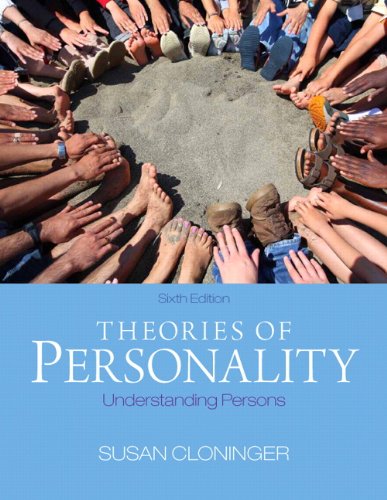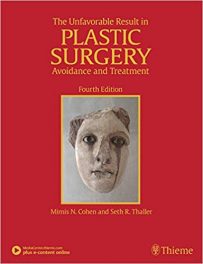 Author: Susan Cloninger
Author: Susan Cloninger
Publisher: Pearson Education – 426 pages
Book Review by: Sonu Chandiram
Susan Cloninger writes on a subject on which, if people gained more knowledge, developed, insight, did some practice, and accumulated sufficient experience, will make them more successful. By more success I basically mean achieving some of the most important goals a person has.
In most occupations, having good interactions with people is a key to realizing our potential. Solitary endeavors such as research in the physical sciences for example, that do not require a whole of human interaction, are exceptions; but here also, other people need to reward you, for you to be considered by them as successful.
So if understanding people is a key to success, why do most of us take so little effort to acquire it? This book is a start. The author takes a look at the subject of personality and the many theories that explain, or at least try to explain, why we do certain things, and why we do not.
She looks at personality basically from five perspectives: the psychoanalytic perspective, the psychoanalytic-social perspective, the trait perspective, the behavioral perspective, and the humanistic perspective. The discussions around these perspectives constitute the five Parts of this book, which are fleshed in with a total of 17 chapters covering numerous topics.
One of the reasons the study of personality psychology is important is that we often read sayings that are contradictory, writes Cloninger. And when we read such sayings, we are confused and do not know what to do next, if anything. We sometimes do nothing and sometimes do something. Both courses – inaction and action – can and do hurt us.
For example, we’ve heard the saying “spare the rod and spoil the child,” which means if you punish a child for doing something wrong, he may grow up hating you. The author cites another saying from the Bible (I have not heard this) that is contradictory, ”Train up a child in the way he should go: and when he is old, he will not depart from it (Matt. 22:6). Which advice should we follow?
So what is personality? Cloninger writes that personality may be defined as the underlying causes within the person, of individual behavior and experience. But psychologists who study personality do not agree what the underlying causes are, but break down the subject into three main parts:
- Personality description considers the ways in which we should characterize the individual
- Personality dynamics deals with how people think about and adjust to their life situations, and how they are influenced by culture
- Personality development is the study of how personality changes over the life span, influenced by biological factors and experience
The presentation of material in the chapters is done very well to enable you to learn and retain the information.
A Chapter Overview lists topics covered in the chapter. An Illustrative Biography features a unique person (with photo) in each chapter and discusses his or her life that relates to the topics. Tables present facts and data at a single glance for comparison and contrast. Notes in margins provide short definitions of psychological terms.
A test of retention of material presented is provided in Study Questions, which is the last part of each chapter. This I believe is a very important feature of this book.
You get help to answer these questions correctly with two preceding sections: the first is the Summary in which you review the main points made in the chapter; and the second is Thinking about X Theory (different in each chapter) in which you are presented with “thinking” questions, and prompted to think creatively and write your answers in essay form.
This is a great book for learning to understand people for you the psychology student, as well as anyone who wants to succeed in life.







